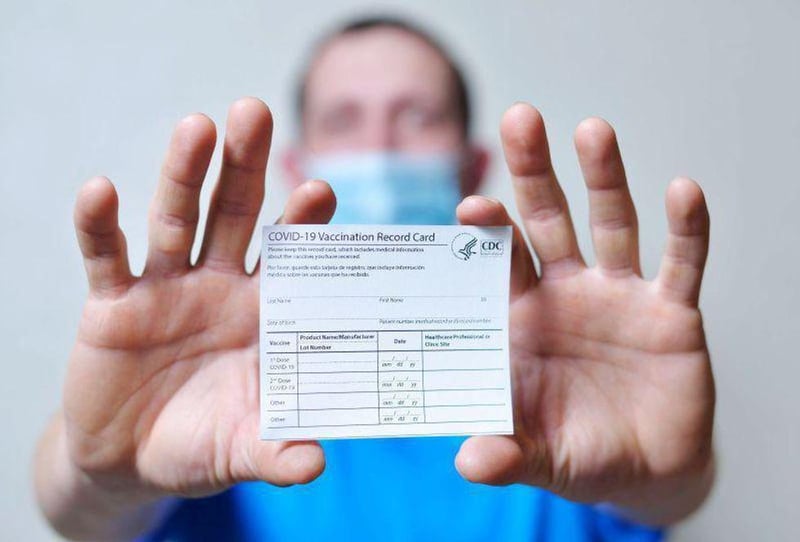Get Healthy!

- Robert Preidt
- Posted December 21, 2021
More Evidence Heart Risk From COVID Vaccine Is Very Low
There's a very low risk of heart inflammation after getting the Pfizer and Moderna COVID-19 vaccines, according to a new study that adds to previous research supporting the safety of the shots.
The two mRNA vaccines had been linked in some studies with an increased risk of myocarditis (inflammation of the heart muscle) and myopericarditis (inflammation of the outer lining of the heart) -- rare but serious conditions usually triggered by a viral, bacterial or fungal infection.
But no study had examined links between the vaccines and risk of heart inflammation in a complete population.
That's what the authors of this new study did in their analysis of data from nearly 5 million people in Denmark, aged 12 and older, who received either the Pfizer or Moderna vaccine and were monitored from Oct. 1, 2020 to Oct. 5, 2021.
During that time, 269 developed myocarditis or myopericarditis. Four in 10 were between 12 and 39 years of age; 73% were male.
Overall, the study found a stronger association between the Moderna vaccine and myocarditis or myopericarditis, while the Pfizer vaccine was linked only to an increased rate of the two conditions among women.
While the rate of myocarditis or myopericarditis was higher after Moderna vaccination than after Pfizer vaccination, the absolute number of heart events after either vaccine was low, and most cases were mild, according to the report published Dec. 16 in the BMJ.
Of 3.4 million people who received the Pfizer vaccine, 48 developed heart inflammation within 28 days of vaccination (1.4 per 100,000).
The rate was 1.3 per 100,000 in women and 1.5 per 100,000 in men. The rate was 1.6 per 100,000 in 12- to 39-year-olds and 1 per 100,000 among 12- to 17-year-olds, the investigators found.
Of the nearly 499,000 people who received the Moderna vaccine, 21 developed heart inflammation within 28 days of vaccination (4.2 per 100,000). The rate was 2 per 100,000 in women, 6.3 per 100,000 in men and 5.7 per 100,000 in 12- to 39-year-olds.
Compared with unvaccinated people, those who received either vaccine had a 50% lower risk of cardiac arrest or death, according to study author Anders Hviid, a senior researcher at Statens Serum Institute in Copenhagen, Denmark, and colleagues.
However, the risk of cardiac arrest or death within 28 days of a positive COVID-19 test rose 14-fold, compared to people who were not infected, the researchers said in a journal news release.
The study authors said the benefits of the vaccines need to be taken into account when interpreting their findings, and that large multinational studies are needed to learn more about heart risks associated with the vaccines.
More information
There's more on COVID-19 vaccines and heart inflammation at the U.S. Centers for Disease Control and Prevention.
SOURCE: BMJ, news release, Dec. 16, 2021
